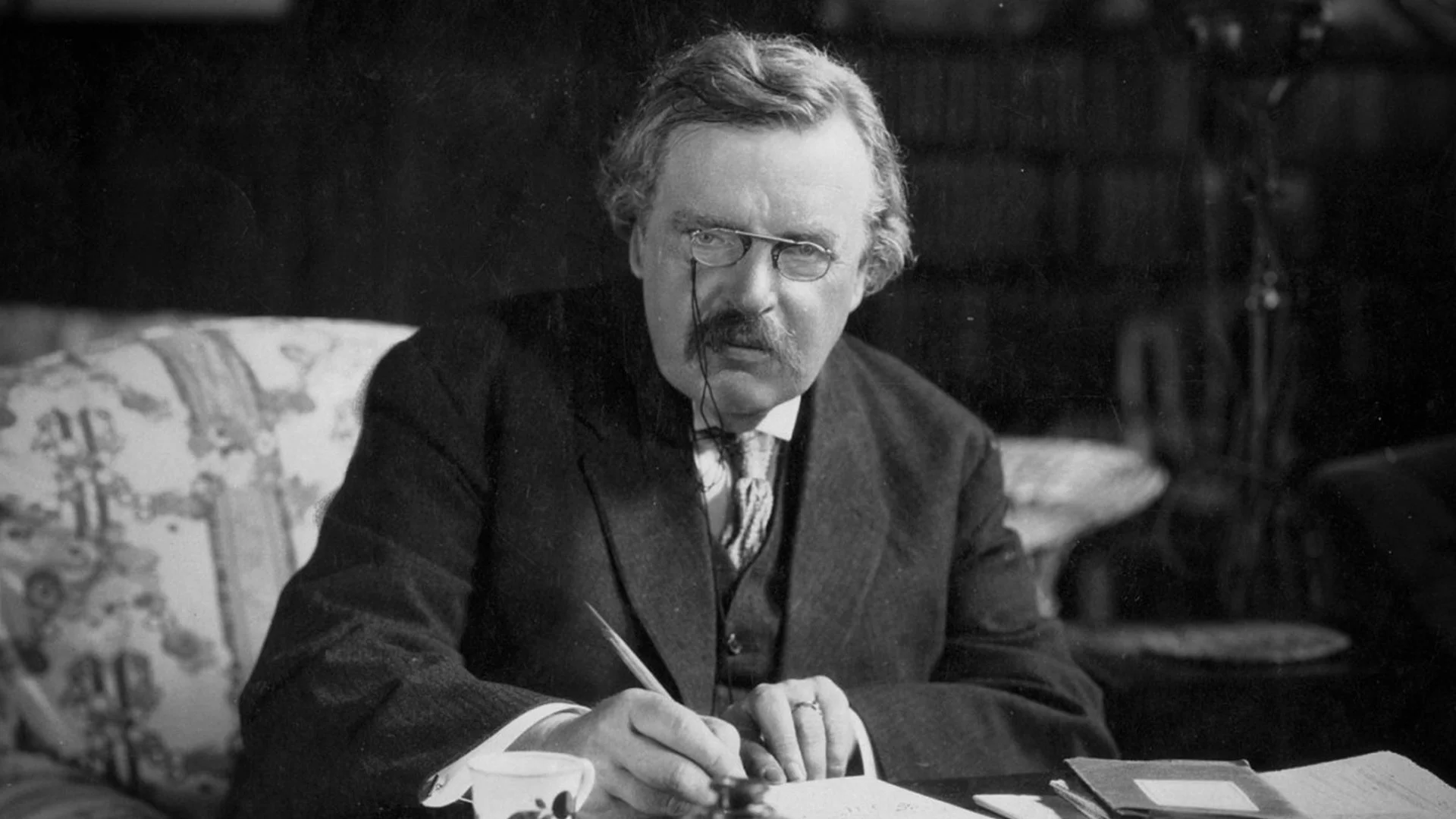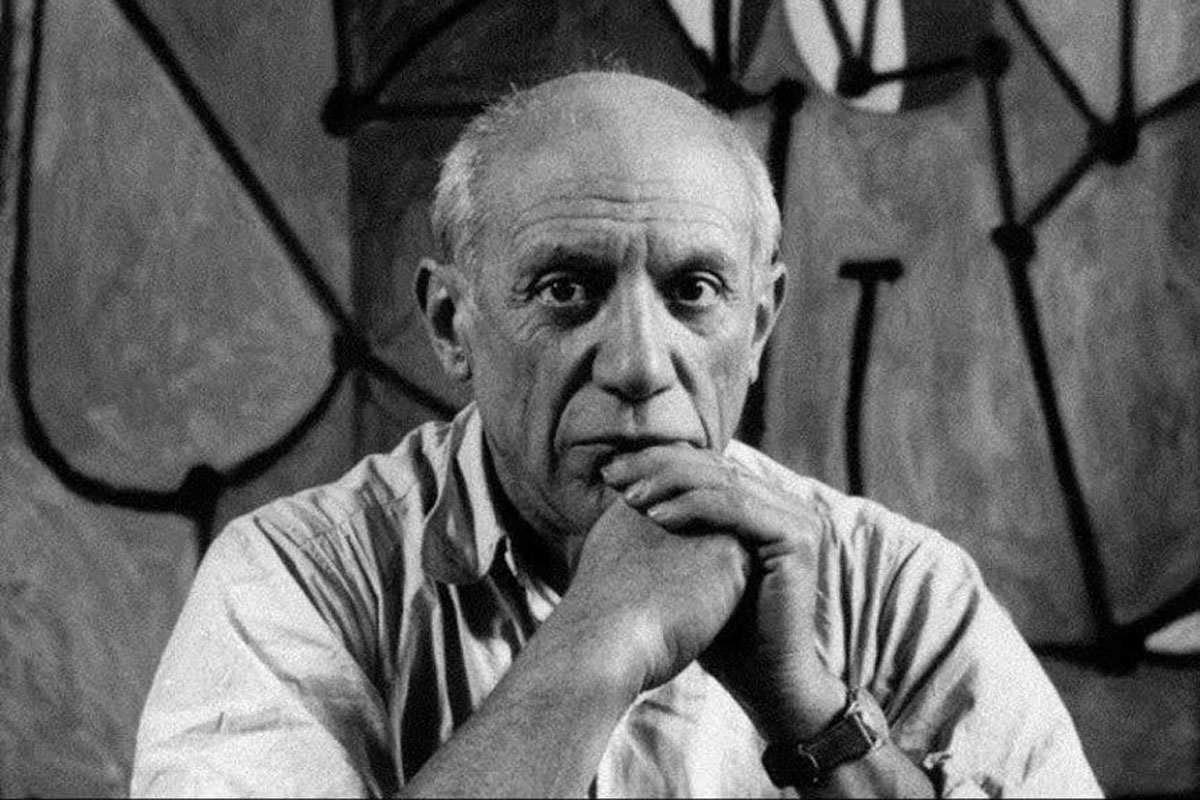John Werner Kluge was a TV mogul who owned stations across the country. His company, Metromedia, was worth $4 billion, making him the richest man in the US in 1987, the world’s first “media mogul”.[1] He was a generous philanthropist, donating more than $400 million to his alma mater, Columbia University. Kluge was married four times. A lavish lifestyle, divorce settlements and bad business decisions took their toll. His TV empire was sold to Twentieth Century Fox and became the basis of today’s Fox Network. His restaurant ventures faltered, and the Steak and Ale chain he owned closed 300 locations. He died in 2010 at the age of 95. His estate had dwindled to less than $7 million.[2]
Read back through the years of Fortune 500 lists and you’ll see this often-repeated story: leaders who rose to amazing, unprecedented success, and then just as suddenly disappeared. For a moment, they held a top spot in the world’s eyes, but made little or no difference to mankind’s legacy. The Vanderbilts. The Pulitzers. The Hartfords. These names all graced the fronts of buildings and businesses and made them among the wealthiest American families of the last century. In each case, poor management, bad business decisions and lavish spending ended these family dynasties after two or three generations at most. These point to a great challenge of leadership: succession. Often leaders are so focused on building their own organizations and amassing power and possessions that they give no thought to what might happen after they are gone. Which brings us to an important question:
What is the end-goal of your leadership? Some leaders see themselves as a steward of their position for whatever time they lead. Others want to claim a top position in business, the social ladder or in wealth or power. Still others want to accomplish something specific for their organization, or personally for their career or family. None of these leadership purposes, however, outlast the leader himself. At best they result in an obituary which states, “He built… he had… he did…” Is leadership that only results in past-tense accomplishments really accomplishing anything of value?
As a leader, contemplate the true extent of one person’s impact on the world. Your experiences and relationships? Memories that will die with you. Your house or estate? Owned by someone else who will not remember you 50 years hence. Your family legacy? Over 57% percent of the population can’t name a great-grandparent[3], and a third of all people can’t remember the names of their grandparents. Most don’t even know what they did for a living.[4] Except for a very few “household names”, our lives and legacies will likely become just a footnote in a census file. How might we lead, then, to leave some lasting positive change in our family, community and culture?
The chief end of leadership is to impact the lives of people in such a way as to create more leaders. If we fail as leaders in this, then our lives truly become a mere statistic, a faint blip of history. Instead, if we endeavor to build those around us into leaders, to increase their capacity, vision and passion for making positive change in the world, and invest in their skills to bring about these ends, then we have done something with our lives that is worthwhile. Notice that the lasting result of good leadership is not a list of items we amass (an estate), but rather the relationships we enrich (an entourage). If you are pursuing the chief end of leadership, then, the question to ask is not “What do I have?” but rather “Who do I know?”
The greatest leadership currency is relationships. A recent survey indicated that over half of Americans said they had fewer than three close friends. About 13% said they had more than 10 friends while similarly, 12% said they had no friends. The vast majority of people invest in just a few important relationships.[5]Anthropologist Robin Dunbar posed a theory that a person can maintain a rather larger number of social relationships—about 150.[6] Our capacity for relationships, then, far outpaces the time and energy we are pouring into them. As a leader you have the ability to influence far more people than you are likely connecting with.
A Harvard study of adult development found that, “the quality of the connections subjects had with others over the course of their lives was correlated with both increased happiness and increased longevity—suggesting that relationships impact not only our emotional, but our physical health.” Researcher Jamie Weisberg comments, “There’s a neurochemical process that unfolds when we’re in relationship to others that’s very calming. It builds trust, soothes our nervous system and helps buffer the stress response.”[7] A leader who connects well with others contributes to their mental and physical health. Can it be said of you that simply knowing you as a leader makes others feel better?
Influence is more potent than authority. Leadership expert and theologian Leonard Sweet said, “The essence of leadership is relationship; influencing people to achieve things together that can’t be achieved alone.” Effective leadership is often measured in terms of authority—how much control and power can one person execute over another? The ability to compel someone, though, is not nearly as useful as the ability to inspire them.
If you take time to grow meaningful relationships, you will increase your level of respect and trust from those around you. Influential leaders are persuasive with their peers and reports. An influential leader uses his expertise, interpersonal and communication skills, and emotional intelligence to guide and persuade others. The result are team members who are active contributors, engaged in the tasks at hand and growing themselves in leadership capacity, versus simply following instructions.
TV mogul John Werner Kluge’s media empire lasted about 30 years. Kluge shunned publicity and was reluctant to give interviews during his lifetime. He remains one of the least known but most powerful moguls in modern television industry.[8] During the early 2000s, his companies began to flounder with unclear management and goals. Perhaps his greatest failure is that Kluge did nothing to build up and train the next generation of leadership for his empire. His ability to anticipate market changes and identify emerging communications opportunities distinguished him from other businessmen of his era, but he did not pass on that important knowledge to anyone. With no sense of the chief end of leadership, his wisdom died with him. His tombstone reads, “I’m wiser. I sold my body for fertilizer”.[9]
[1] https://moneywise.com/life/lifestyle/how-5-of-americas-richest-families-lost-it-all
[2] https://en.wikipedia.org/wiki/John_Kluge
[3] https://www.ipsos.com/en-uk/over-half-population-cant-name-any-their-great-grandparents
[4] https://www.deseret.com/2019/1/22/20663874/a-third-of-americans-can-t-name-all-four-of-their-grandparents-here-s-why-it-matters
[5] https://www.americansurveycenter.org/research/the-state-of-american-friendship-change-challenges-and-loss/
[6] https://www.crossrivertherapy.com/research/how-many-friends-to-have/
[7] https://news.syr.edu/blog/2020/04/22/why-relationships-matter-maybe-now-more-than-ever/
[8] https://www.immigrantentrepreneurship.org/entries/john-werner-kluge/
[9] Lisa Palladino, “John W. Kluge, ’37, Dies at 95; Columbia’s Leading Benefactor,” Columbia College Today, November/December 2010 (accessed September 15, 2014).
Cover photo: Shutterstock



























Authenticity is the factor in your character that helps you live as your true self. Authenticity helps you to make good decisions, influence others, maintain consistent values, convey a sense of purpose, and have a strong self-awareness.